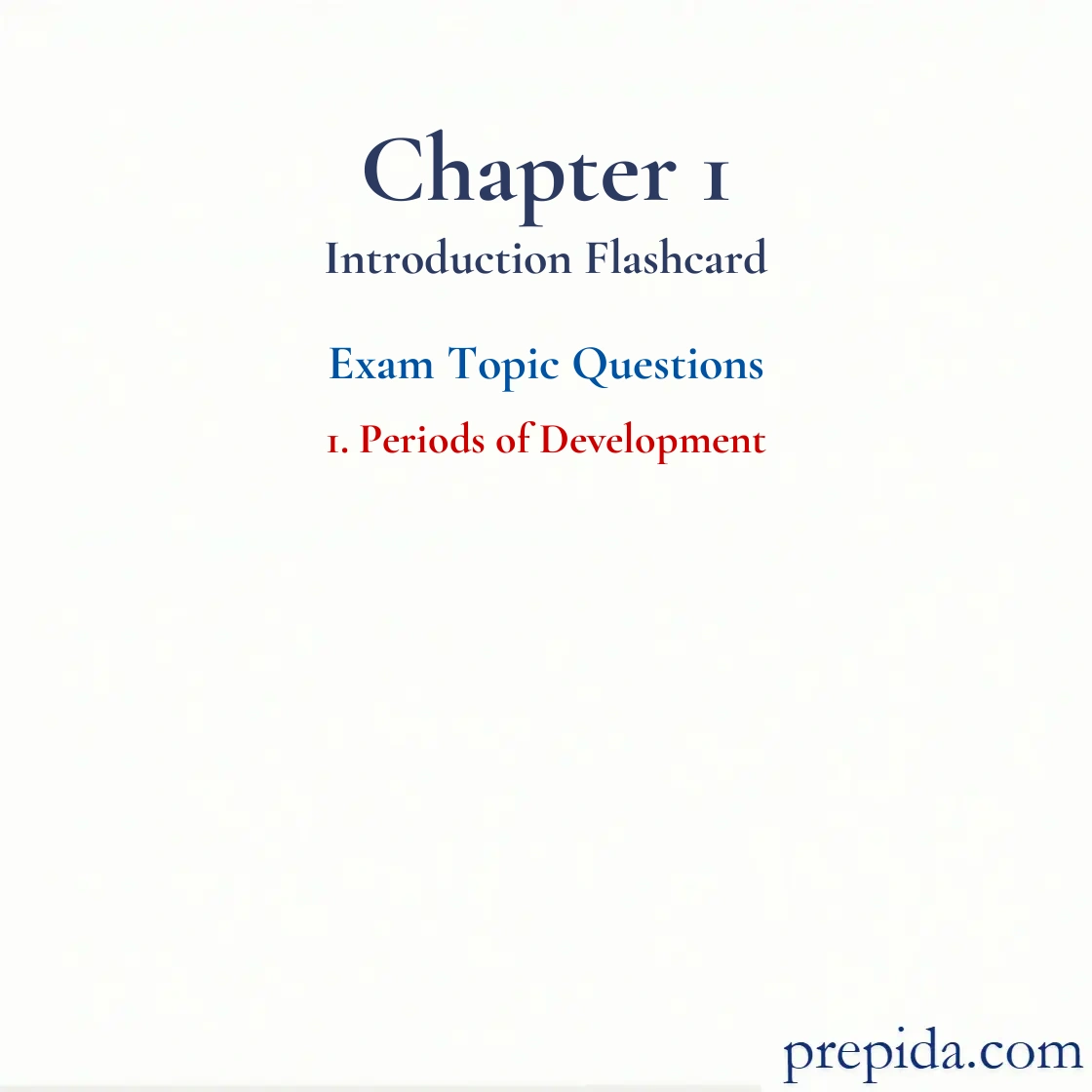
Andrew is 60 and is starting to have memory lapses and struggling to complete things that used to take him no time at all. He finds himself forgetting driving routes that he used to know. Andrew might be experiencing the developmental pattern called ________.
- normal aging
- pathological aging
- everyday aging
- successful aging
Memory: A central feature of cognitive development, pertaining to all situations in which an individual retains information over time.
________ is a time of establishing personal and economic independence, career development, and for many, selecting a mate, learning to live with that person in an intimate way, starting a family, and rearing children.
- Early adulthood
- Late adolescence
- Middle adulthood
- Late adulthood
Emerging Adulthood: The transition from adolescence to adulthood (occurring from approximately 18 to 25 years of age), which is characterized by experimentation and exploration.
Brittany is preoccupied with the pursuit of independence and identity and is spending more time with friends and less with family. Her thoughts are more logical, abstract, and idealistic. She is also experiencing rapid physical changes such as gaining height and weight. Which of the following periods of development is Brittany most likely in?
- middle childhood
- late adulthood
- late childhood
- adolescence
Adolescent Egocentrism: The heightened self-consciousness of adolescents.
Joey has shot up in height over the past year, has developed a deeper voice, and is starting to grow facial hair. He is preoccupied with the pursuit of independence and identity and is spending more time with friends and less with family. Which of the following periods of development is Joey in?
- middle childhood
- adolescence
- early adulthood
- late childhood
Adolescent Egocentrism: The heightened self-consciousness of adolescents.
Alex is 8 years old and in the 3rd grade; his main focus is success in school, as he is gradually exposed to more and more information about the world at large. The developmental period Alex is currently in is
- early childhood.
- middle childhood.
- adolescence.
- adulthood.
Middle Adulthood: The developmental period that begins at approximately 40 to 45 years of age and extends to about 60 to 65 years of age.
Which of the following is a characteristic of the developmental period known as early childhood?
- extreme dependency on adults
- development of school readiness skills
- formal exposure to the larger world
- development of sexual characteristics
Jenny is 4 years old. She becomes self-sufficient and develops school readiness skills. In this scenario, identify the developmental period that Jenny is most likely in.
- infancy
- early childhood
- prenatal period
- late childhood
Easy Child: A child who is generally in a positive mood, quickly establishes regular routines in infancy, and adapts easily to new experiences.
Daniel is 10 months old and is completely dependent on his parents. He is just beginning to acquire language and develop symbolic thought. In this scenario, which of the following developmental periods is Daniel most likely in?
- adolescence
- middle childhood
- early childhood
- infancy
Language: A form of communication, whether spoken, written, or signed, that is based on a system of symbols. Language consists of the words used by a community and the rules for varying and combining them.
The developmental period, when one is an infant, adolescent, or middle-aged person, refers to
- a historical circumstance common to people of a particular generation.
- a time frame in a person's life that is characterized by certain features.
- a time frame in which a person experiences maximum change.
- a time frame in a nation's history that is characterized by rapid development.
Life Span: The maximum number of years an individual can live. The life span of human beings is about 120 to 125 years of age.
Peter is a senior partner at his law firm and is an important member of his church and community. Both his children are in college. Peter's situation is most representative of which period of development?
- early adulthood
- middle adulthood
- late adulthood
- retirement
Middle Adulthood: The developmental period that begins at approximately 40 to 45 years of age and extends to about 60 to 65 years of age.
The ________ period is the time from conception to birth.
- perinatal
- prenatal
- neonatal
- postnatal
Embryonic Period: The period of prenatal development that occurs two to eight weeks after conception. During the embryonic period, the rate of cell differentiation intensifies, support systems for the cells form, and organs appear.
The developmental pattern experienced by most people in which psychological functioning peaks in early middle age and starts to decline in the early eighties is called
- normal aging.
- pathological aging.
- everyday aging.
- successful aging.
Johnathan and his wife, Tracy, are in their mid-50s. They are expanding their personal and social responsibilities and assisting their children in becoming competent, mature individuals. Which of the following developmental periods are Johnathan and Tracy currently in?
- early adulthood
- emerging adulthood
- middle adulthood
- adolescence
Middle Adulthood: The developmental period that begins at approximately 40 to 45 years of age and extends to about 60 to 65 years of age.